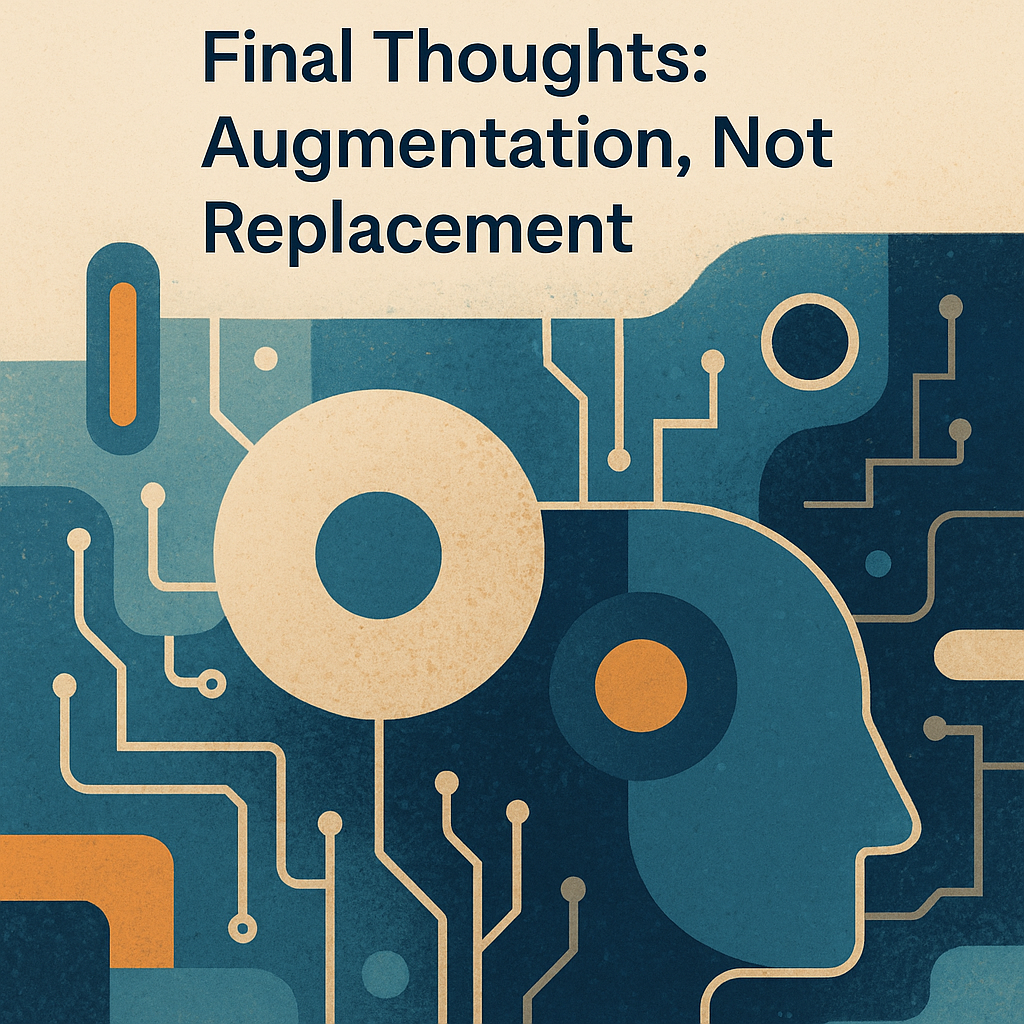It's great at accelerating the toil — the repetitive scaffolding, the syntax nudges, the "just give me a draft" moments. What it doesn't bring is judgment.
What I've Learned Using AI Daily
Speed is real → I move faster with GPT in my corner, whether it's stubbing out a Makefile or sketching a new CI/CD stage.
Context still matters → Left alone, AI will confidently guess wrong. When I guide it, fence it, and review it, the results are useful.
Good prompts aren't enough → You need a mental model of the system you're building, or you'll just end up debugging the AI's mistakes instead of your own.
It's pair programming with a junior who never tires, never gets sick, and never admits when it's out of its depth. That's useful — if you know how to manage it.
The Skills That Matter More Than Ever
The funny thing about AI in DevOps is that the more it accelerates the mechanical work, the more valuable the human side becomes:
Judgment
Knowing when "working" isn't "safe."
Communication
Explaining why a guardrail is needed, or why the AI's output is only a starting point.
Collaboration
Aligning infra decisions with dev, security, and product teams.
Resilience under pressure
AI isn't taking the 2 a.m. pager. People are.
In short, the tools are evolving. The fundamentals of leadership, systems thinking, and operational wisdom aren't.
Closing Thought
AI won't replace DevOps engineers. But engineers who learn how to wield AI well will absolutely outpace those who don't.
That's the quiet revolution: not extinction, but augmentation.
And honestly? I wouldn't want it any other way.
👉 That wraps this series, but the story doesn't end here. AI is moving fast, and so are we. Thanks for reading along — and if you want to talk about how to safely integrate AI into your infrastructure and automation strategy, my inbox is open.

